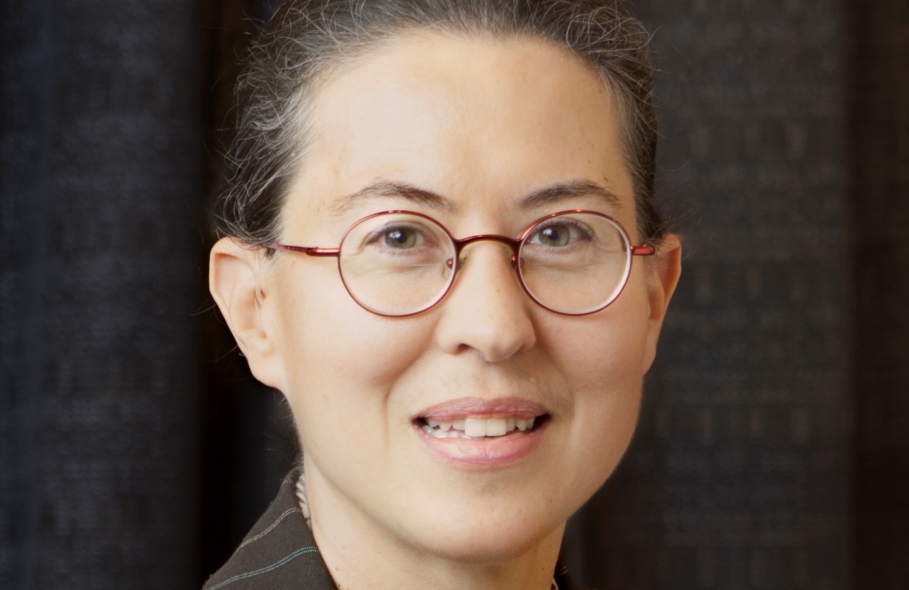Who Gets the Credit, Who Gets the Blame? Helping Students Attribute Performance More Adaptively
by Dr. Jennifer Cromley / Jan 21, 2020

Educational Psychology's associate professor Jennifer Cromley recently authored this blog post about attributions for APA Division 15, featured in Psychology Today.
When students succeed, who do they give credit to? When they fail, who do they blame? This was a popular topic in educational research in the 1980s and 1990s called attributions (who does the student attribute an educational outcome to?; Weiner, 1986).
Why do attributions matter? If students fail or succeed but they give credit to others, they may feel anger or shame as well as study or practice less effectively. As a result, students may be less likely to succeed in the future. Imagine that a child did well on a spelling quiz but says they “got lucky” rather than crediting themselves for practicing. Imagine that an undergraduate student has done poorly on an exam but says “the questions were tricky” (when in fact the questions addressed common student misunderstandings) rather than taking responsibility for poor study habits. Imagine a soccer team that lost a game and blames the loss on “that rotten referee” (when in fact the referee judged fairly). These less-helpful attributions are associated with negative emotions, less learning, and lower performance. These attributions fall into three types.
First, students can make attributions to other people rather than themselves (external forces)—I failed or succeeded because of the teacher, my small-group project members, my classmates, in short, anyone but myself. Students in a study who were prompted to make internal attributions increased their achievement (Menec et al., 1994), provided they received high-quality instruction. Attributions to self—I myself am responsible—are associated with taking action oneself and therefore result in better learning and performance.
Second, students can make attributions to uncontrollable factors, such as luck or innate talent—I failed or succeeded because I got lucky, or because I am “good at” a subject. Hall and colleagues (Hall, Hladkyj, Perry, & Ruthig, 2004) found that when students were taught that learning is due to controllable factors, they earned better grades. However, these findings only held for students who knew effective study techniques. Be aware that children in early elementary school tend to talk about ability and effort as the same thing (Blumenfeld, Pintrich, & Hamilton, 1986), so they may feel all school tasks are uncontrollable. Addressing these types of attributions can be difficult with young children. By contrast, attributions to controllable factors—effort and asking for help—are associated with better learning.
Read the full article here...